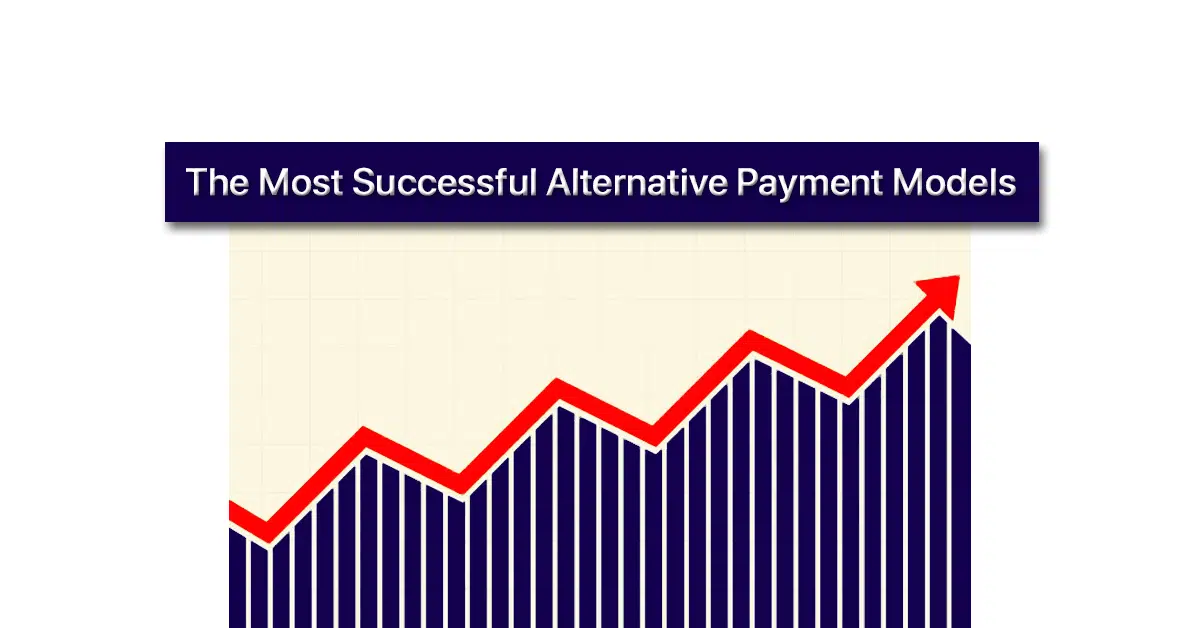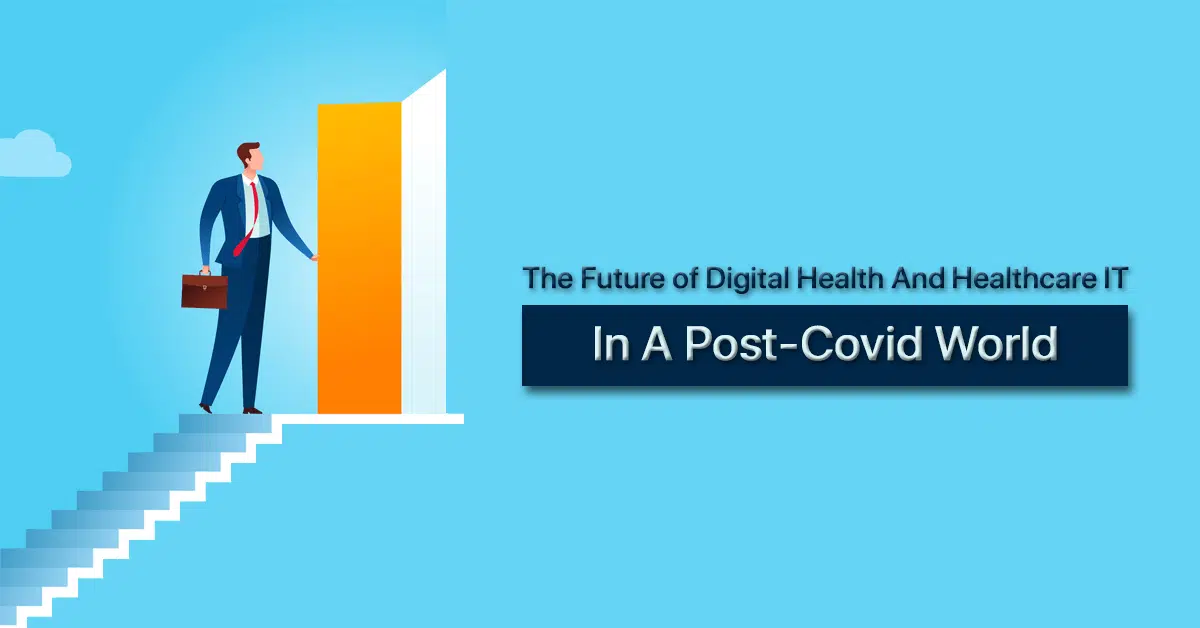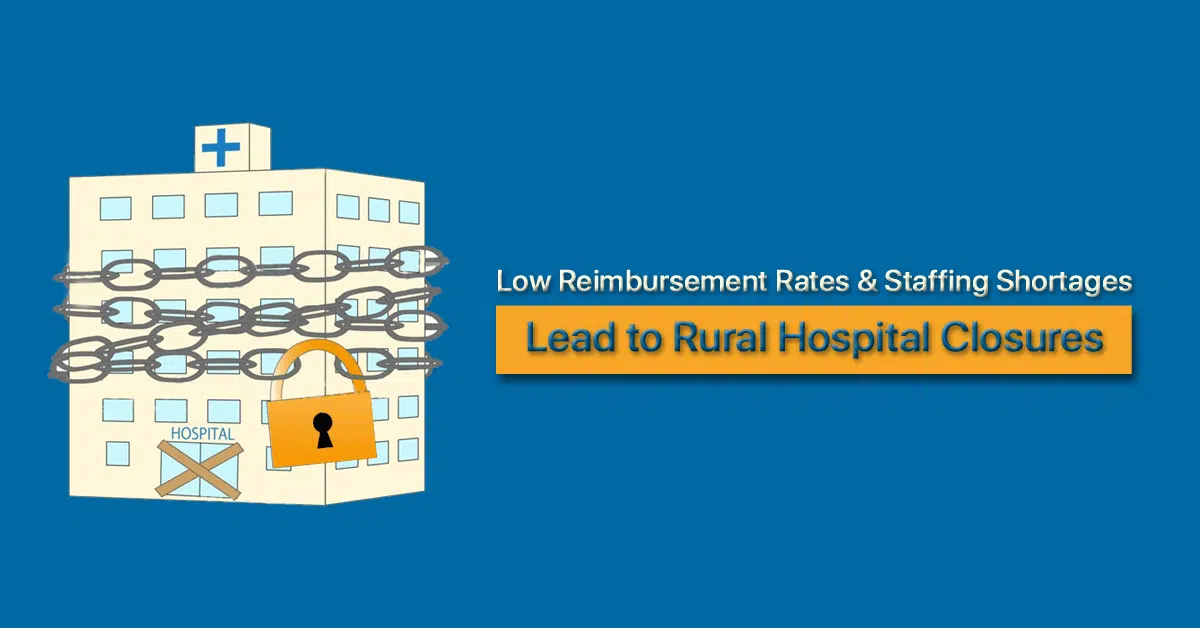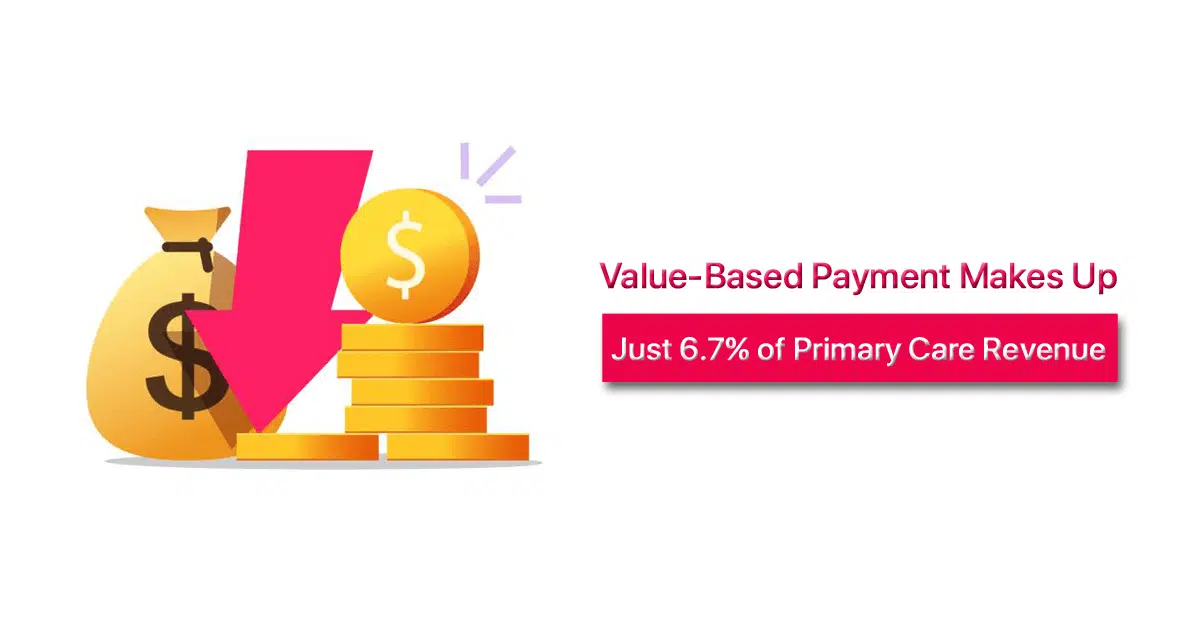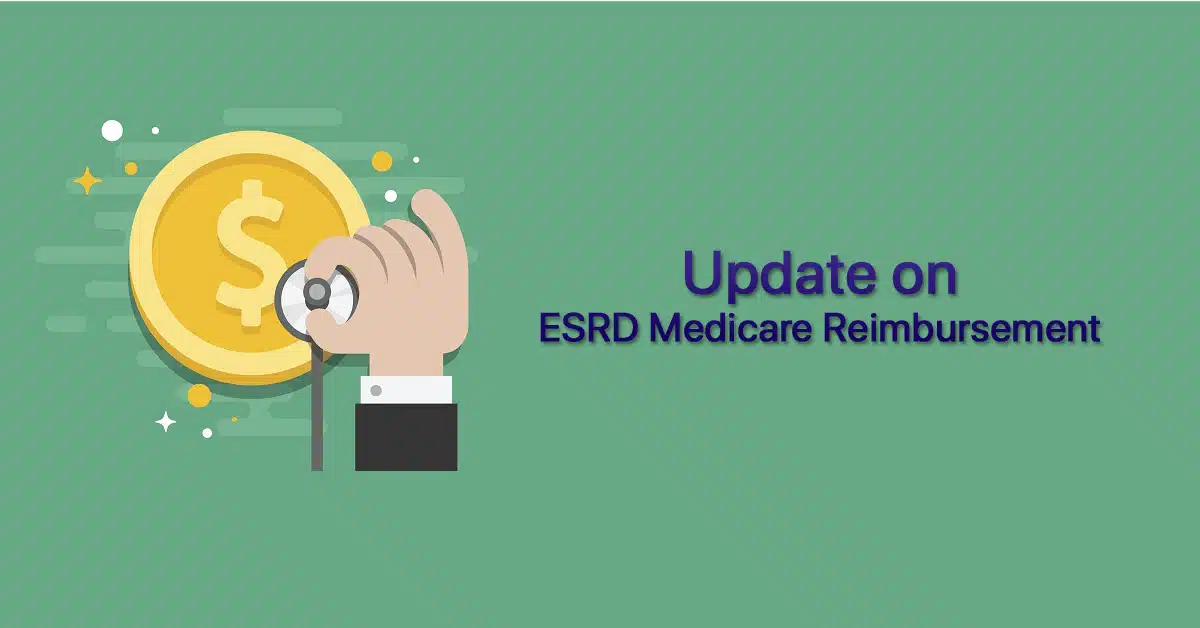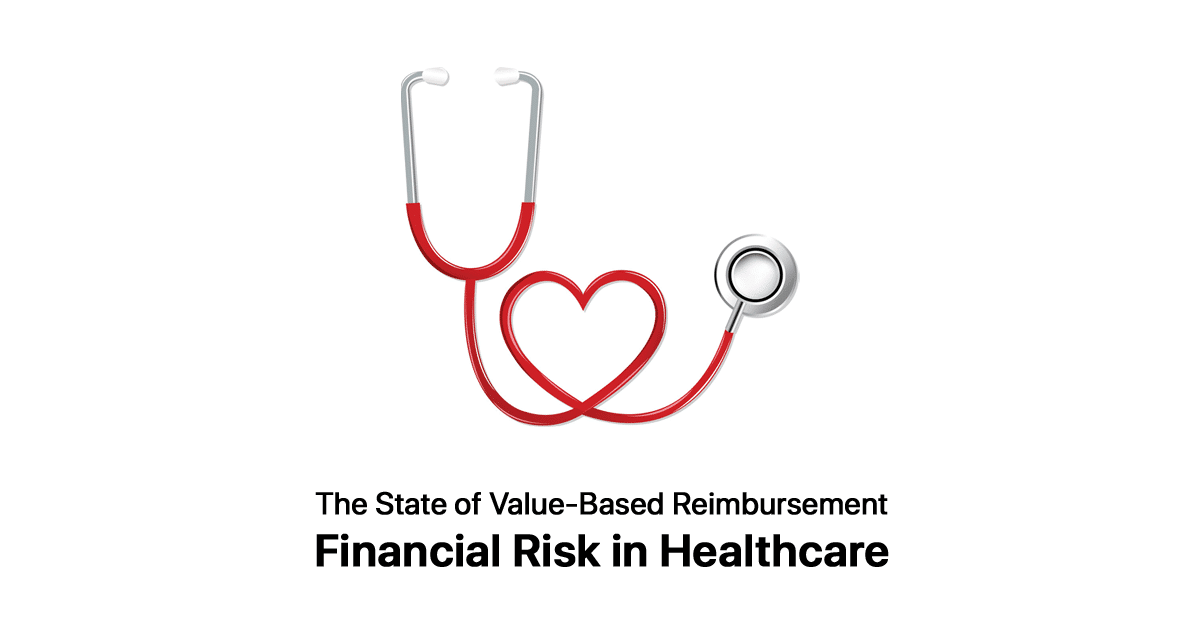The Rising Denial Rates in Healthcare Claims Processing Initial Claim Denials: In a new survey conducted by healthcare Company an increased percentage of initial claims are denied by private payers, including pre-approvals for medical claims. Hospitals, health systems, and post-acute care providers may have a difficult time getting paid for medical services. The survey respondents […]
CMS’s Medicaid Payment Model show can be seen as a healthcare bridge, giving fundamental behavioral wellbeing administrations to both Medicaid and Medicare beneficiaries over a period of eight years. As portion of a unused Medicaid Payment Model demonstrate reported by CMS, physical, behavioral, and community suppliers will be required to arrange care in arrange to […]
The Center for Medicare & Medicaid Innovation (CMMI) has launched more than 50 alternative payment and care delivery model tests, with 33 models now or still operational, according to CMMI’s sixth report to Congress on its progress. These model tests have impacted the lives of millions of patients. In the two-year period covering the report, […]
Value-based payment models, including accountable care organizations, bundled payment models, and capitation models, can generate savings for providers and limit healthcare spending. As healthcare spending escalates in the US, stakeholders have started looking at value-based payment models to address rising costs, but many payments are still tied to fee-for-service models, according to a Health Affairs […]
Implementing and pursuing innovation in digital health and healthcare IT should be a priority for all U.S. healthcare providers and payers — especially as the lessons and response to the Covid-19 pandemic become permanently part of our everyday lives. The outbreak of Covid-19 was a “black swan” event that dramatically accelerated the evolution and acceptance […]
Low reimbursement rates, staffing shortages, low patient volumes, and regulatory barriers are some of the root causes of rural hospital closures, the American Hospital Association (AHA) explains in a new report. The report “Rural Hospital Closures Threaten Access: Solutions to Preserve Care in Local Communities” highlights the variety of causes behind rural hospital closures, which […]
Value-based payment is severely lacking as a percentage of total medical revenue across practices as providers face scheduling and billing challenges. The transition to value-based payment is moving at a snail’s pace despite healthcare’s long journey with the transition away from fee-for-service, new survey data indicates. Value-based payment made up just 6.74 percent of total […]
The CY23 End-Stage Renal Disease (ESRD) Prospective Payment System Proposed Rule would increase Medicare reimbursement rates, among other policy changes. CMS recently proposed the Calendar Year 2023 End-Stage Renal Disease (ESRD) Prospective Payment System (PPS) Proposed Rule, which would boost Medicare reimbursement for ESRD facilities and refine a new mandatory value-based purchasing program. The proposed […]
Medicare Advantage beneficiaries who received care under value-based payment models, including two-sided risk models, saw lower acute care use than beneficiaries under a fee-for-service model. Medicare Advantage beneficiaries whose primary care organization participated in a value-based payment model saw lower rates of hospitalizations, observation stays, and emergency department visits, according to a study published in […]
New data from LAN shows modest progress with value-based reimbursement adoption in 2019 and 2020. But some programs, like Medicare Advantage, are moving to financial risk faster than others. Most healthcare payments made in 2020 were tied in some way to value or quality of care, according to the latest data from the Health Care […]



